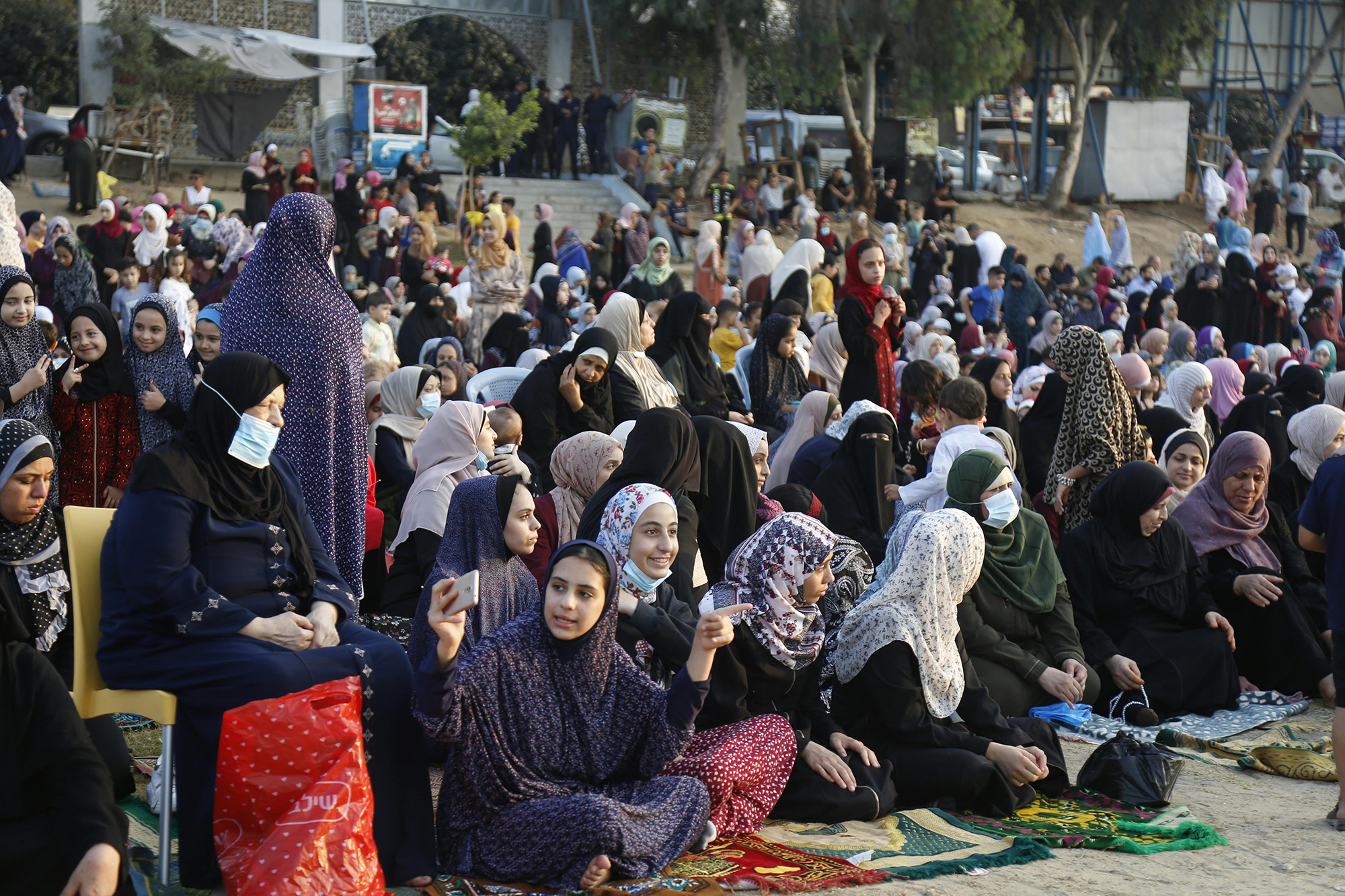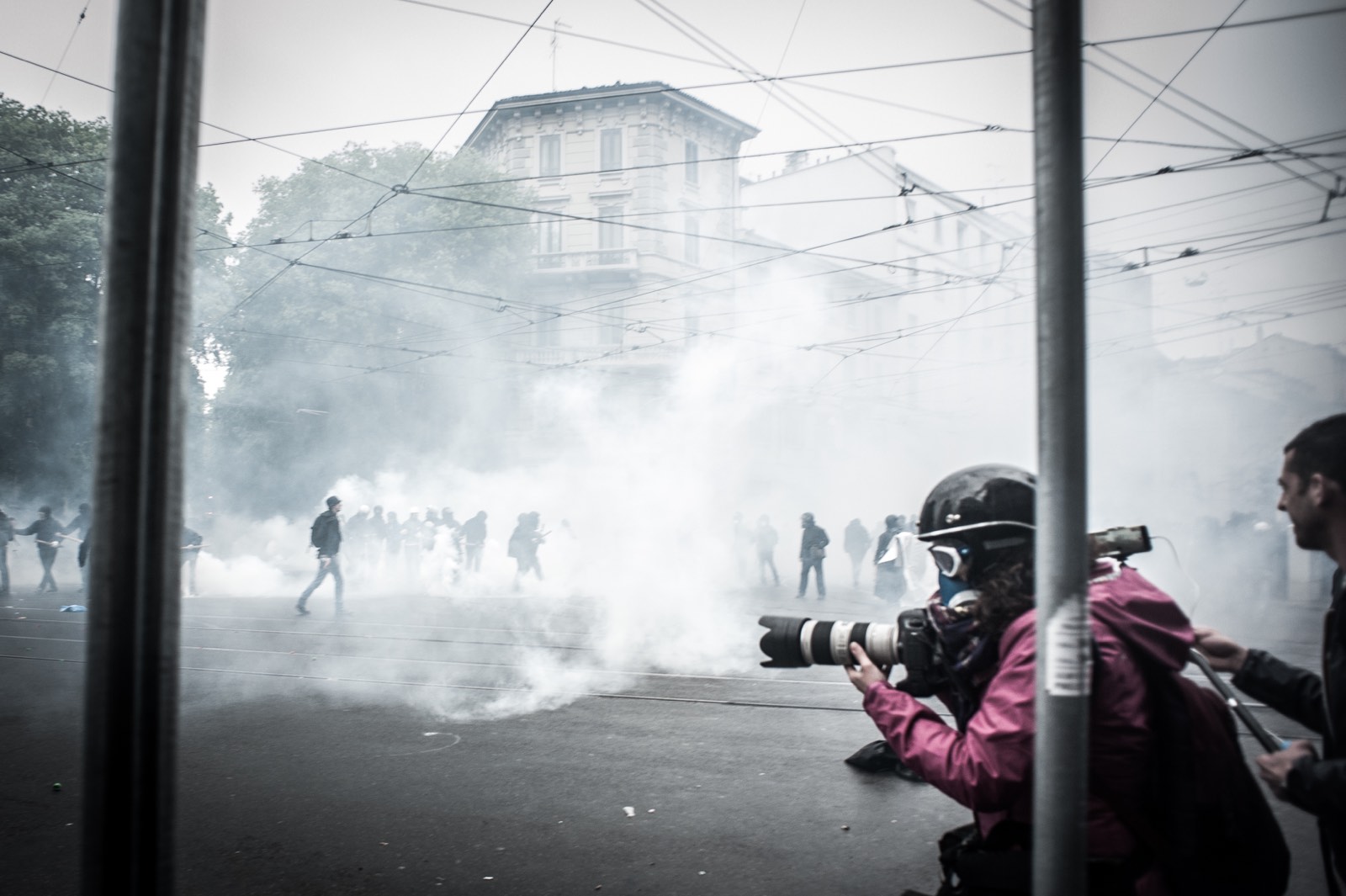Essential Insurance for Workers in Israel, the West Bank & Gaza

1. A Complex and Evolving Security Landscape 🛡️
Since October 2023, the war between Israel and Hamas has escalated into one of the most dangerous security environments for humanitarian responders, medical workers, journalists, and reconstruction teams in decades. In Gaza alone, recent UN reporting highlights the devastation:
- Over 59,000 Palestinians have been killed so far, many of them civilians .
- At least 72 people were killed in Gaza in just 24 hours amid ongoing strikes and starvation .
- More than 100,000 women and children are suffering acute malnutrition .
- Even medical facilities and aid convoys are not safe, with confirmed attacks on ambulances and clinics .
In the West Bank, heightened security measures have turned towns like Sinjil into fenced-off zones, disrupting life and mobility – particularly for local staff and aid workers .
2. Rising Threats to Humanitarian & Reconstruction Workers
Field teams face multiple and growing threats:
- Direct attacks on health and aid workers: Over 400 attacks on facilities and more than 700 healthcare worker casualties have been reported . These include mortar strikes, vehicle ambushes, and targeted raids.
- Mass detentions and restricted movement: Thousands of Palestinian workers have been detained in recent months . Even temporary permits for cross-border operations are increasingly uncertain.
- Famine and malnutrition: Aid workers themselves are collapsing from exhaustion amid shortages , with reports of starvation at aid distribution hubs .
- Psychological strain and trauma: Responders face extreme mental pressures, from navigating checkpoints to treating war-injured civilians under fire.
3. Institutional Constraints & Political Volatility
Operational risks extend beyond conflict:
- Visa curbs: Israel has begun limiting UN staff visas to one month , affecting OCHA and other aid agencies.
- Ceasefire uncertainty: Talks fluctuate, with no guarantee of safe access or halted hostilities .
- Post-war institutional vacuum: While post-war reconstruction is already being planned , the absence of governance structures makes long-term deployment precarious.
4. Why Specialist Insurance Matters
Given this environment, standard travel policies—and even typical NGO insurance—fall short. Here’s why specialised cover is non-negotiable:
- War, terrorism & civil unrest: These conflicts are front-line cases of conflict zones. You need cover that doesn’t exclude them.
- Medical and security evacuation: In a theatre where hospitals fall and ambulances are targeted, securing a medical evacuation clause is crucial.
- Forced relocation or imprisonment: Coverage must include detention and legal support, especially given mass arrests .
- Psychosocial support and crisis management: The psychological impact is real. 24/7 claims and counselling support can be lifesaving.
5. Training & Preparedness
Coverage isn’t just about insurance—it’s about resilience on the ground: We regulalry recommend the Media Safety Advisor Training course offered by Cosain at was thoughtfully designed to bridge the knowledge gap for security professionals entering the media security industry, offering them a critical first step. Their course is thoughtfully designed to bridge the knowledge gap for security professionals entering the media security industry, offering them a critical first step.
https://www.cosainconsultancy.com/media-safety-advisor-training-msat/
- Security awareness training helps teams stay safe at checkpoints, during convoy movements, and near active operations.
- Scenario-based drills (e.g. siege drills, evacuations, snatch-team protocols) build confidence and operational readiness.
- Local cultural and political briefings reduce risk and improve staff acceptance in communities.
6. Post-War Reconstruction: A New Phase, New Roles, Same Risks
Once the conflict abates, the reconstruction phase will bring fresh demands:
- Engineers and technical crews will work amid unstable structures, UXOs, and unsecure zones.
- Humanitarian logistics and WASH experts will leak heavily rely on insurance in case they are caught in unrest or flee damaged camps.
- Psychosocial teams dealing with traumatised locals will operate in unstable and emotionally fraught environments.
Insurance will remain vital—for repatriation, legal liabilities, kidnap & ransom, and even reputational risk management. Without it, NGOs risk mission disruption and individual teams risk financial and reputational ruin.
7. Supporting News Working in Gaza
Journalists and freelancers—already highly exposed—need:
- Kidnap and ransom insurance
- Death/exit support for injured or deceased staff
- Equipment cover, particularly amid city-wide destruction
- AFP has pleaded for evacuation assistance for freelancers in Gaza —underscoring just how critical protection is.
8. Real-World Value: Insurance at Work
Imagine a medical convoy hit during a supply delivery. Timely evacuation, hospital payments, security briefings, and funeral support—all become possible because of specialist insurance.
Without it, organisations rely on underfunded humanitarian channels or diplomatic interventions—risky and unreliable options.
9. Looking Ahead: Insurance as Investment in Stability
As UN and donor-led discussions consider a post-war Gaza “Marshall Plan” potentially worth $50 billion , the horizon shines for large-scale rehabilitation and reconstruction. Skilled personnel—engineers, psychologists, urban planners, project managers—will be in demand.
Insurance becomes a strategic enabler, ensuring:
- Recruitable capability: Teams ready and covered can deploy fast.
- Donor assurance: Funders know you’re managing risk.
- Sustainability: Insured programmes last beyond funding cycles.
10. Conclusion: Why You Cannot Overlook Insurance
The Israel–Gaza–West Bank theatre is evolving from active conflict to fragile stabilization—and eventually into long-term reconstruction. Through each phase, your insurance must adapt.
With active wounds (war, famine, detentions), evolving recovery (reconstruction, governance), and media spotlight, the right insurance doesn’t just protect—it enables missions, preserves lives, and underwrites futures.
Get in touch today for tailored cover that matches your work—and commitments—in regions that demand resilience, compassion and protection.



